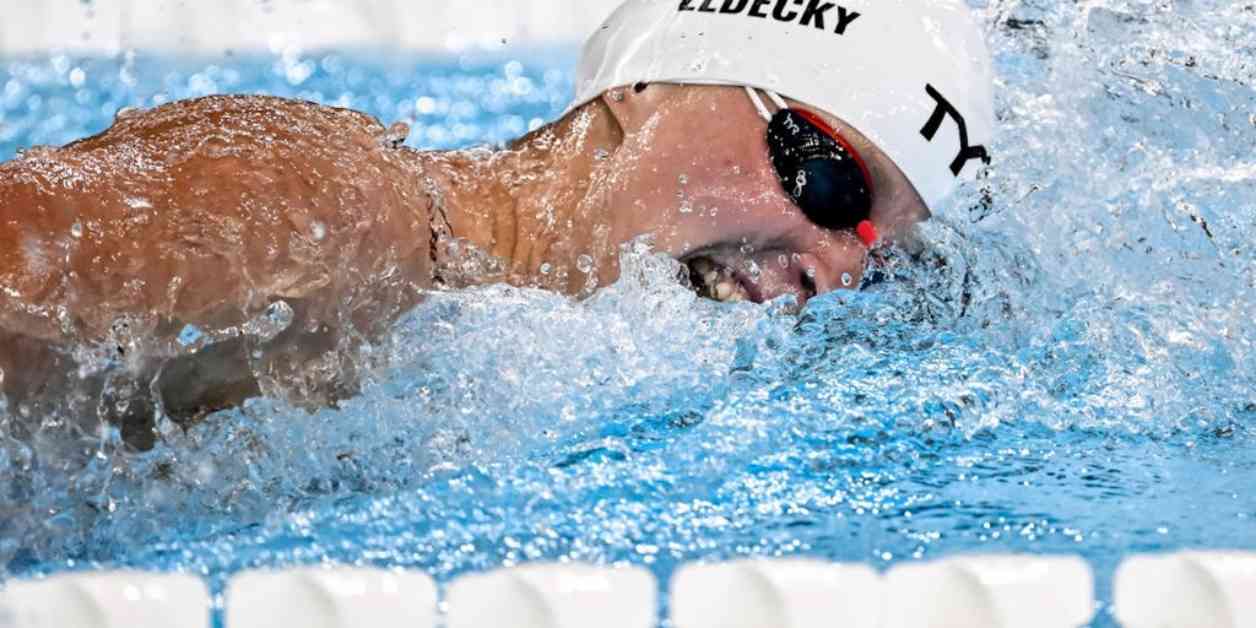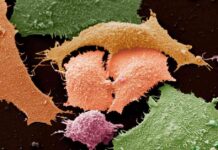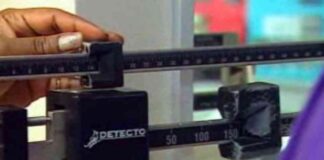Olympic medalist Katie Ledecky recently revealed her diagnosis of POTS (postural orthostatic tachycardia syndrome) in her new memoir. POTS is a condition that affects the autonomic nervous system, causing symptoms like dizziness, fainting, and exhaustion.
Individuals with a genetic trait called Ehlers-Danlos syndrome or those who have had viral infections like Epstein-Barr virus or COVID-19 may be more susceptible to developing POTS. The condition can also occur without any obvious triggers.
Symptoms of POTS can vary from mild cases of dizziness and a racing heart upon standing to more severe cases that can be disabling. Patients may experience fatigue, exercise intolerance, palpitations, lightheadedness, and brain fog, among other symptoms. In extreme cases, individuals may have difficulty thinking, concentrating, or remembering.
Treatment for POTS involves increasing water and salt intake, reconditioning through exercise, and medications like vasoconstrictors to tighten blood vessels. Properly prescribed and dosed exercise is essential in managing POTS, with swimming often cited as an effective treatment. Seeking care from a cardiologist and physical therapist is crucial in managing symptoms and increasing upright tolerance.
POTS can be particularly challenging for athletes, including Olympic athletes like Ledecky. The condition can cause post-exertional malaise, making exercise difficult and impacting performance. While there is no cure for POTS, many patients can manage their symptoms with the help of a care team.
Experts emphasize that POTS is a real illness that can have significant impacts on daily life. Patients should advocate for their health, build a support team, and stick to management routines to improve their quality of life.

















